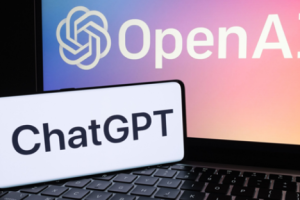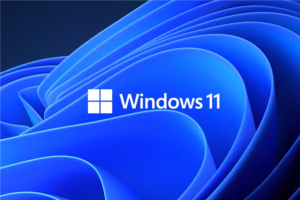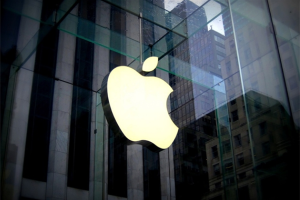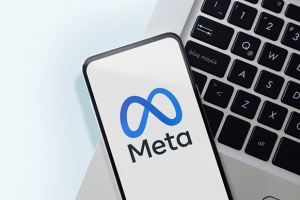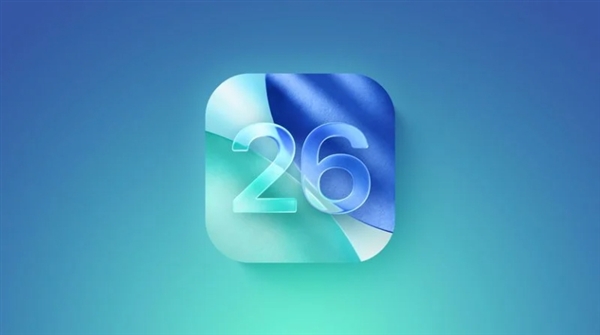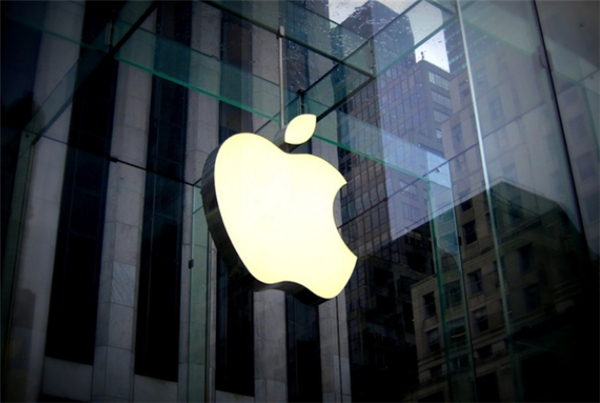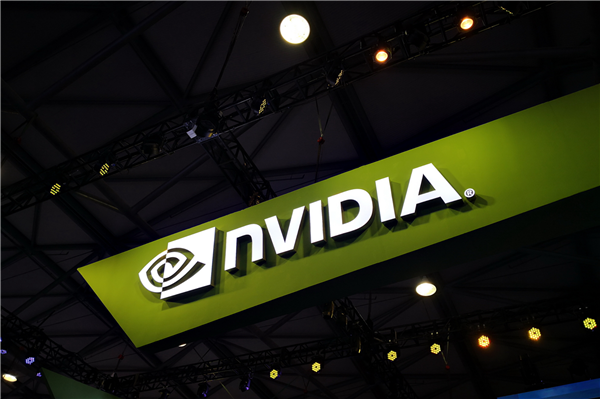July 12, 2024 – In a landmark decision, the European Union Commission has announced its acceptance of Apple’s commitments regarding contactless payment technology, formally binding the pledges under EU antitrust regulations. The move follows allegations that Apple’s exclusivity in granting NFC (Near Field Communication) access on iOS devices to Apple Pay alone, denied to third-party mobile wallet developers, constituted an abuse of market dominance in violation of Article 102 of the Treaty on the Functioning of the European Union (TFEU).

In response, Apple has vowed to unlock NFC capabilities under the Host Card Emulation (HCE) mode, facilitating secure storage of payment credentials and transactions via NFC without reliance on in-device secure elements. This groundbreaking step will empower third-party mobile wallet providers with unfettered access to iOS NFC inputs, dispensing with the necessity of Apple Pay or Apple Wallet.
Apple further committed to implementing fair, objective, transparent, and non-discriminatory procedures and eligibility criteria for third-party mobile wallet developers seeking NFC access. The EU conducted comprehensive market testing and consultations with relevant stakeholders, leading Apple to refine its initial proposals, incorporating significant concessions:
Expanding the utilization of HCE payment applications for initiating transactions on industry-certified terminals beyond traditional sectors
Permitting the integration of HCE payment functionality with other NFC capabilities and use cases
Eliminating the prerequisite for developers to possess a Payment Service Provider (PSP) license or enter into binding agreements with PSPs for NFC access
Granting developers the liberty to pre-build NFC-enabled payment applications for third-party mobile wallet providers
Keeping the HCE architecture updated in alignment with evolving industry standards employed by Apple Pay, even if Apple Pay ceases to implement them, under certain conditions
Enabling developers to prompt users to change their default payment applications and redirect them to the NFC settings page for seamless configuration
Adhering to the same industry standards and specifications as HCE payment application developers while safeguarding confidential information obtained during audits
Expediting dispute resolution timelines and bolstering the independence and procedural safeguards for the supervising trustee
The gravity of the situation was underscored by prior reports suggesting that, had Apple refused to settle, the EU could have imposed a penalty amounting to 10% of its global annual turnover. With Apple’s 2023 revenue standing at 383billion,suchafinewouldhavetotaledcloseto40 billion, a considerable financial blow. This agreement not only averts such a penalty but also paves the way for a more competitive and inclusive digital payments landscape in Europe.



